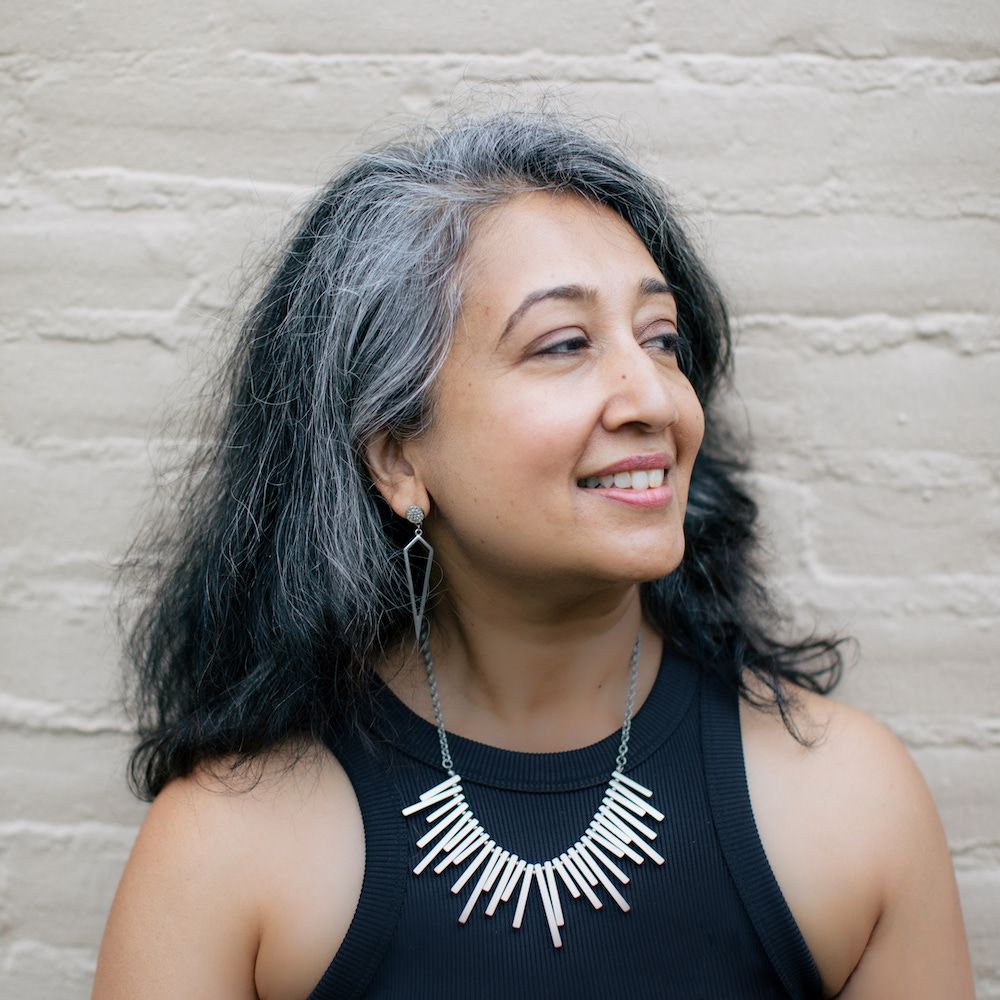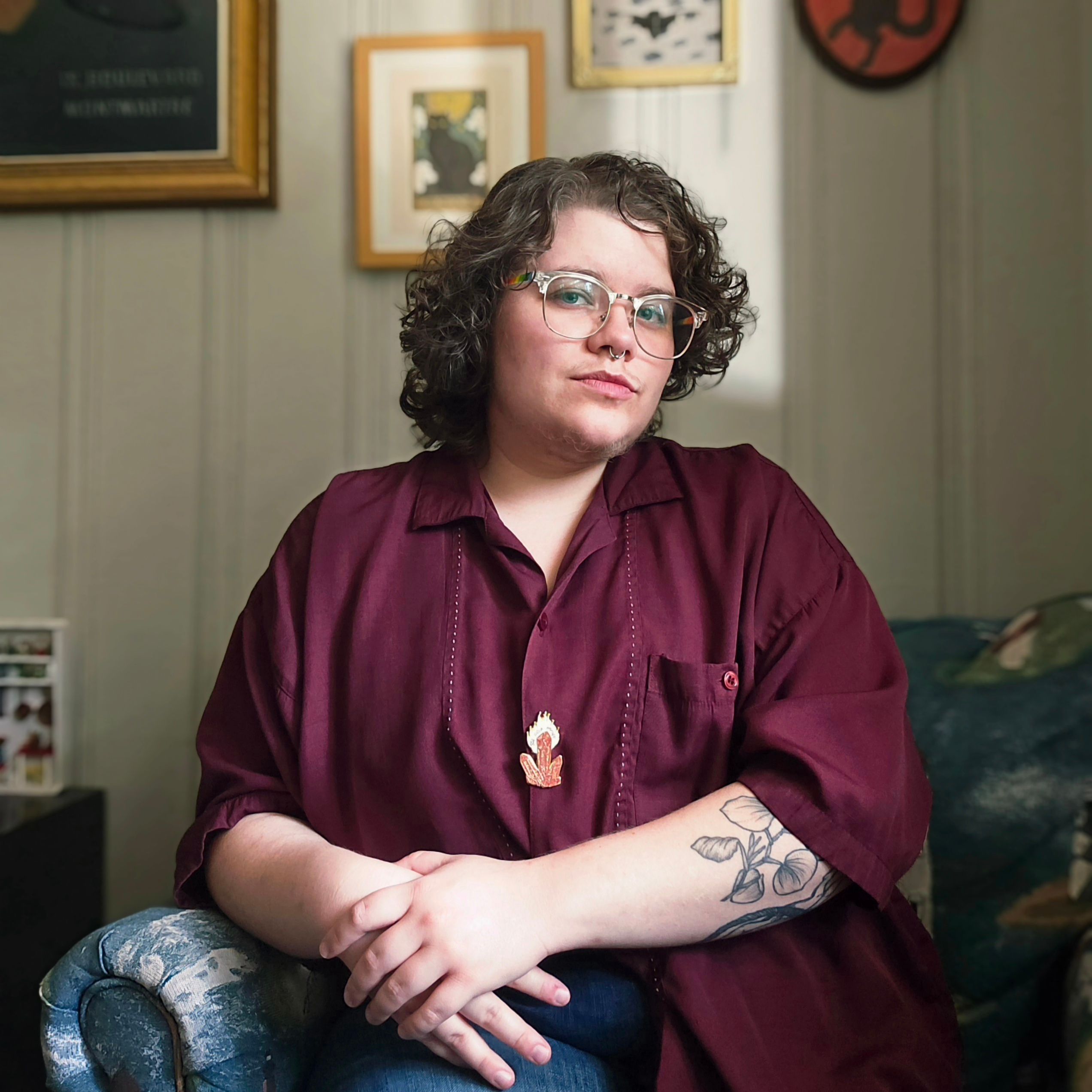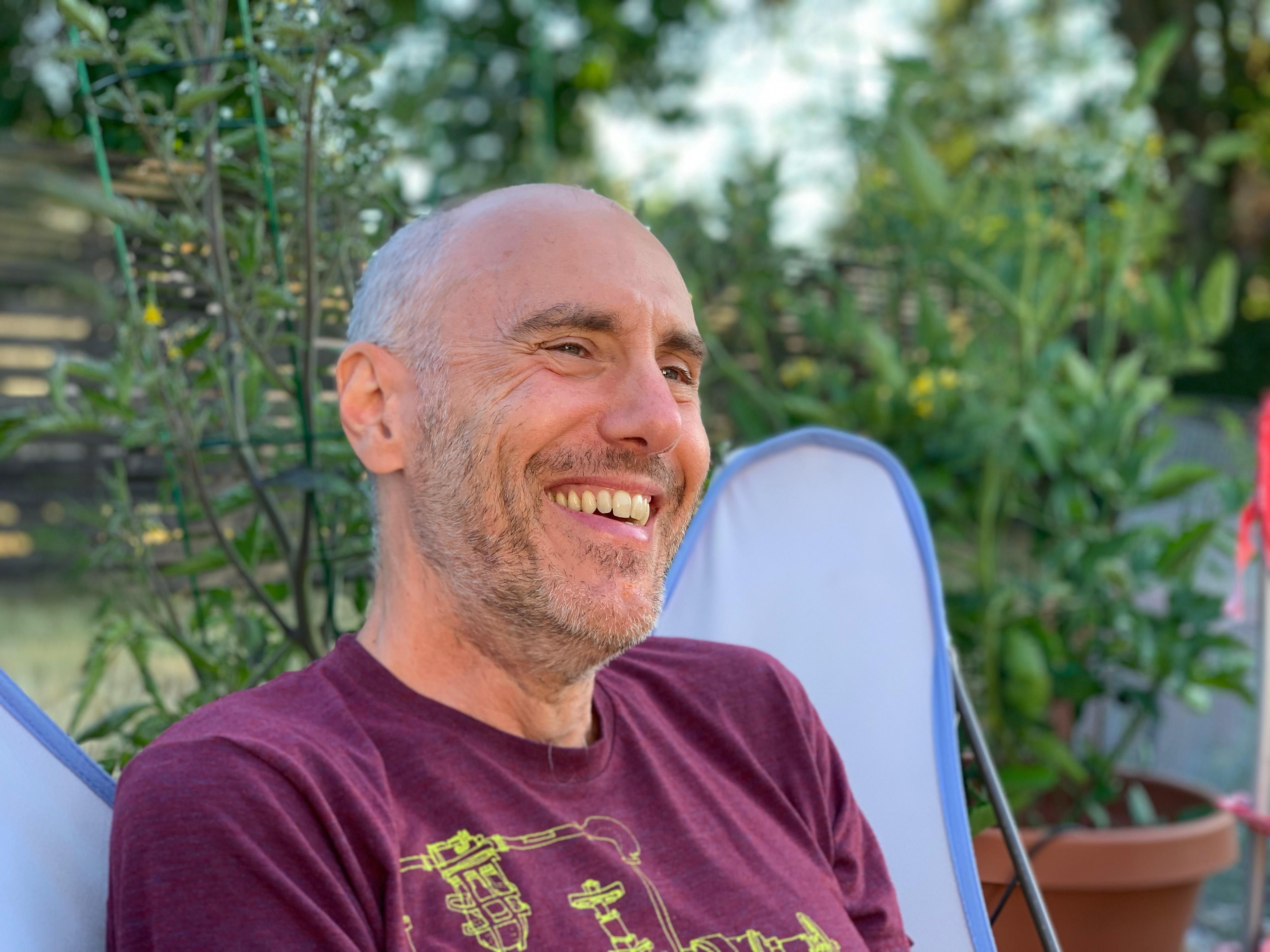E.J. Koh is a poet, memoirist and translator. She is the author of the memoir The Magical Language of Others (Tin House Books, 2020) and the poetry collection A Lesser Love (LSU Press, 2017). Koh is also the co-translator of Yi Won’s poetry collection The World’s Lightest Motorcycle (Zephyr Press, 2021), and the librettist for the opera adaptation of Park Chan-wook's The Handmaiden supported by Opera America. Her debut novel The Liberators is forthcoming fall 2023.
The last time I spoke with E.J. was at her beautiful home in Seattle, Washington in 2019. It was a treat to speak again, this time over an email exchange. We talked about untranslatable words, her forthcoming novel, and the love letters she writes to strangers. Plus, she shares some of her favorite writers!
Montserrat Andrée Carty: I’d like to talk to you about words that only exist in one language, in that particular way. In Spain, we say “Sobremesa” to mean the after-meal talk that happens so often at a Spanish table. And we don’t have a word for that in English. It can feel like a special belonging to have these words within one’s culture, but when I read your poem “American Han” it was clear that it can do the opposite as well, that these words have the potential to instill an un-belonging? Can you talk a bit about untranslatable words and specifically Han?
E.J. Koh: Sobremesa—what a practice to share these words with one another. I remember chatting over coffee in Seattle together, and I’m grateful to share this space with you.
With han, although its formation is Korean, the word touches a specific and deeply human experience of trauma. When the word trauma falls short, han inhabits the gap between atrocity and reconciliation, the hallway of historical and inherited and embodied grief. To say a people outside of the Korean peninsula cannot know han seems to fail the experience of being a part of humanity. The word han may be essential to telling the stories in this country that have yet to be told.
Montserrat Andrée Carty: Poet and friend Naomi Shihab Nye once told me she felt like she’d always been on the sidelines of her own cultures and I thought, yes, that is exactly how it feels. How so many of us living between language and cultures feel, I think. In “American Han,” you write about Han: “The word brings me closer to the truth of living as a perpetual outsider.” Can you talk about how you navigate the feeling of being in-between cultures and your process of reflecting that feeling on the page?
E.J. Koh: There is something exciting when a historian says to me: “You can’t feel han, because you’re not Korean.” These words mean to say what is han belongs to what is Korean, and what is Korean belongs to the peninsula. It makes me, a Korean American, a perpetual outsider. But what thrills me—the words we use to say who can and cannot feel han, to say what han is and how it can be—also have han. To speak han is to become han in a way. So as I navigate han, I constantly meet han.
Montserrat Andrée Carty: In addition to writing poetry and prose, you are a literary translator. What has translating others’ works taught you about your own, and about language in general?
E.J. Koh: I’m deeply moved by the work of translators, which goes beyond the work on the page. What must be done to carry the book across the water—to fight for the book as global literature before even the work of translation can begin. I’m still searching for the language of awe I feel toward translators. One cannot take any book in one’s hands for granted. Translation requires a great discipline of the mind and heart.
Montserrat Andrée Carty: Your incredible book The Magical Language of Others uses the epistolary form as you take letters written to you by your mother as prompts to your own responses / writing. I seem to remember when you began the project it hadn’t been your original intention to write a memoir. Can you share about the evolution of the book from idea to what it eventually became?
E.J. Koh: Poet and translator Don Mee Choi met me at Volunteer Park where she read my mother’s forty-nine letters. She told me, in Buddhist tradition forty-nine is the number of days your soul wanders the earth looking for answers before the afterlife.
So it was first a book of translations of all the letters. The chapters between the translations came as a contextual counterweight to the letters. The book slowly formed into what it wanted to be—and I had to learn how to get out of its way.
Montserrat Andrée Carty: Speaking of epistolary forms, you have written “love letters to strangers by hand” for a number of years now! What a gift to so many of us who have received your words in the mail. What prompted this project? Can you share what gifts you have received from writing and subsequently sending these letters? I’m also curious if you ever hear back from the recipients :).
E.J. Koh: I’ve written just over five hundred love letters to strangers by hand. I hope to write love letters over the weekend.
I started the project on one of the loneliest, saddest nights of my life. Now I write to people all over the world, and the word stranger has become strange to me. These are one-way letters, and when asked to respond to one of my letters, I ask them to just write someone they know who must need one.
Montserrat Andrée Carty: You are a poet, memoirist, translator and soon to be novelist. While it’s not part of your bio, I also see you as a visual artist. You have a beautiful eye and in some of your work you have included archival photographs. I also know you love to dance. Can you speak to the way other art forms might inform your writing?
E.J. Koh: I had the chance to write a screenplay and watch it on screen, and it took my breath away. I also wrote a libretto for an opera adaptation of a Korean film and watched the performances with my heart pounding. But these things are small next to the wonder of everyday life. These things try to do what life does so effortlessly.
Montserrat Andrée Carty: In a piece you wrote for Catapult you note that writing “was the thing that got me to the real thing—how I saw myself and my relationship to the world.” This is so powerful, and resonant. Can you speak on this a bit more?
E.J. Koh: Through writing, I also ask why I carry the beliefs I do about myself and the world. I often find that I was the one who kept some idea locked inside without questioning it—because I thought it would keep me safe. I might’ve heard it in passing or in a classroom and kept it without wondering if it worked for me. It’s nice to open it up, and say, this idea I have about myself or the world, about writing or language, might not be for me, or might not even be my business, and I’m looking forward to what I can do, or the ease I can feel once I let it go.
Montserrat Andrée Carty: Who are a few favorite writers we should be reading?
E.J. Koh: I just had a conversation with author Bora Chung and translator Anton Hur for Cursed Bunny. What forces in the literary world—what a gift to witness their work. Korean and Korean American literature goes on and on—Don Mee Choi, of course, Theresa Hak Kyung Cha, Kim Hyesoon, Marci Calabretta Cancio-Bello, Yi Won, Emily Jungmin Yoon, Joseph Han, Sun Yung Shin, Yi Sang, Crystal Hana Kim, Krys Lee, Arlene Kim, Alexander Chee, Young Jean Lee, Cathy Park Hong, Nicole Chung, Kim Chi-won, R.O. Kwon, O Chong-hui, Kong Son-ok, Kim Ae-ran, Han Yujoo, Kim Sagwa, Han Kang, Kim Young-ha, Cho Nam-joo, Shin Kyung-sook, Keum Suk Gendry-Kim, Heinz Insu Fenkl, and on and on.
Montserrat Andrée Carty: Tell us about your upcoming debut novel THE LIBERATORS!
E.J. Koh: A multi-generational story about a Korean family during South Korea’s military dictatorship—about whether a country split in half is still a country, about past decisions in love and war hurtling toward the present. If you’ve read THE MAGICAL LANGUAGE OF OTHERS, the first page or so, you may recognize the characters, then it seems to go where it wants, and I’m still getting out of its way.








